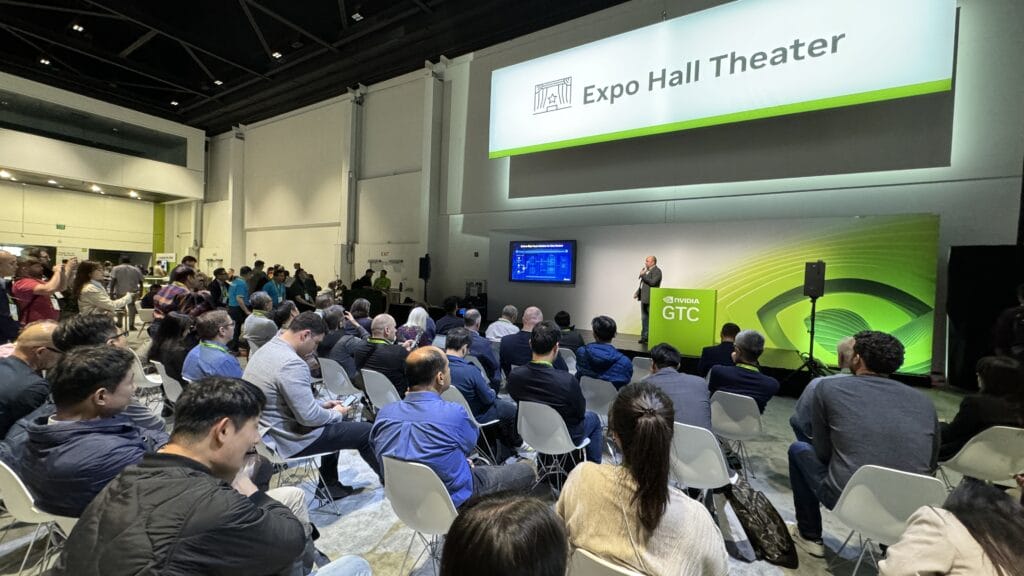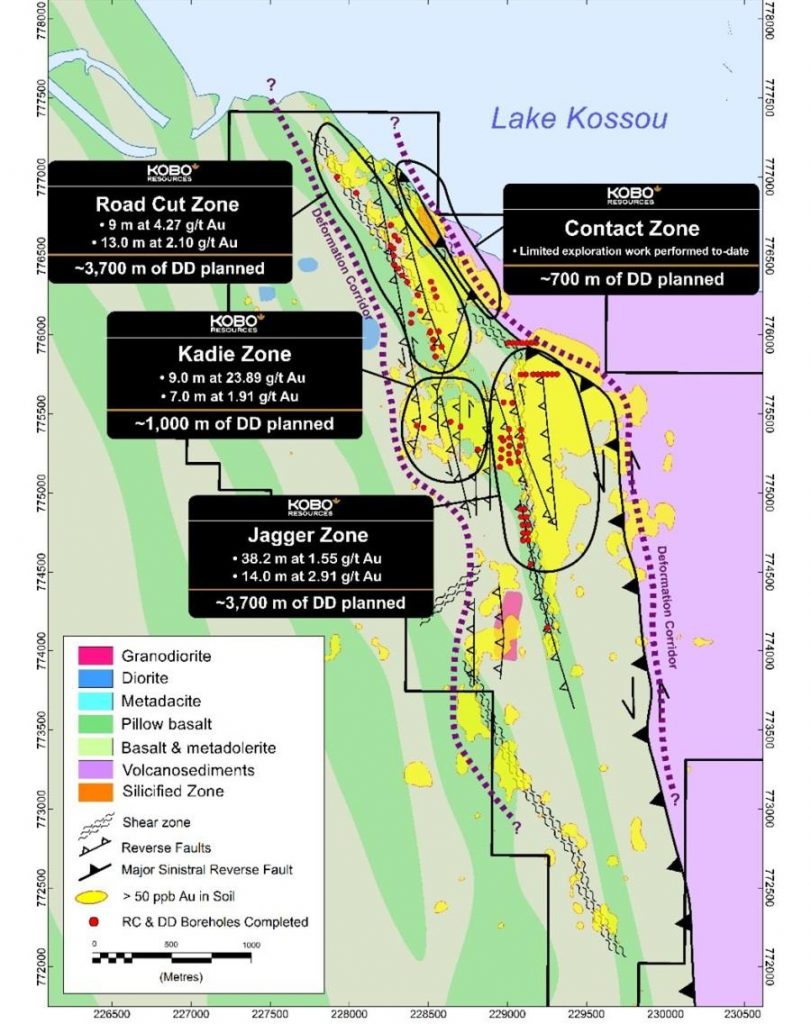The rapid rise of generative AI is driving an unprecedented surge in data center energy consumption.
Data center electricity usage could triple by 2030 to power the massive AI models behind today’s chatbots, image generators, and more. This demands a coordinated response from across the tech industry.
Taiwanese electronics company Delta Electronics develops solutions to improve the energy efficiency of today’s power-hungry data centers to support sustainable AI development.
At the recent NVIDIA GTC conference, one of the most influential AI gatherings of the year, Delta discussed several cutting-edge advancements to optimize energy usage in the gigawatt-scale data centers needed to train huge AI models.
These include modular racks, high-efficiency power shelves, and pioneering voltage regulators vertically mounted to GPU boards to minimize energy loss. Data center solutions on display at GTC included:
ORV3 server racks with high-density 48kW power shelves that boost efficiency up to 97.5%
Vertical voltage regulator modules that reduce energy loss by 5-15% compared to traditional designs
800V DC power distribution with modular solid-state transformers to directly convert medium voltage grid power
High-capacity monolithic UPS systems that provide uninterrupted power at an industry-leading 97.5% efficiency
Delta Electronics unveiled energy-efficient AI hardware at NVIDIA GTC. Source: Delta Electronics.
Speaking at NVIDIA GTC, Ralf Pieper, R&D Director of Delta’s Custom Design Business Unit, said, “As the proportion of GPUs increases in AI computing, global power consumption from data centers is expected to more than double to over 1 trillion kWh by 2026.”
He continued, “Our unique expertise in high-efficiency server power and DC/DC converters, as well as ICT and energy infrastructure, allows us to spearhead the development of groundbreaking solutions capable of supporting the AI megatrend by optimizing the grid-to-chip power conversion cycle.”
Delta estimates its high-efficiency products have helped customers save nearly 40 billion kilowatt-hours (kWh) since 200. For scale, 40 billion kWh could power approximately 3.73 million average American homes for a year.
Combating AI’s spiralling resource demands
Today’s data centers already consume over 1% of global electricity. While there is some criticism that the current narrative surrounding AI’s energy usage has become sensationalized, it’s generally seen that the industry must invest hard in sustainable infrastructure.
Indeed, Microsoft, Google, Amazon, NVIDIA, and others all plan to ramp up their infrastructure plans for the coming years, with power consumption ranging into the gigawatt range.
Traditional nuclear fission power, nuclear fusion, geothermal, and solar power will all play their part in sustaining this – but building efficiency into AI infrastructure, which Delta’s technology supports, is fundamental.
As Pieper sums up, “The arrival of gigawatt-scale data centers for AI training and inferencing applications, likely including 250kW racks, is inevitable. To ensure high-efficiency, reliable, and smooth power conversion and delivery to AI computing chips, Delta keeps developing innovative solutions for different layers within the grid-to-chip ecosystem.”





